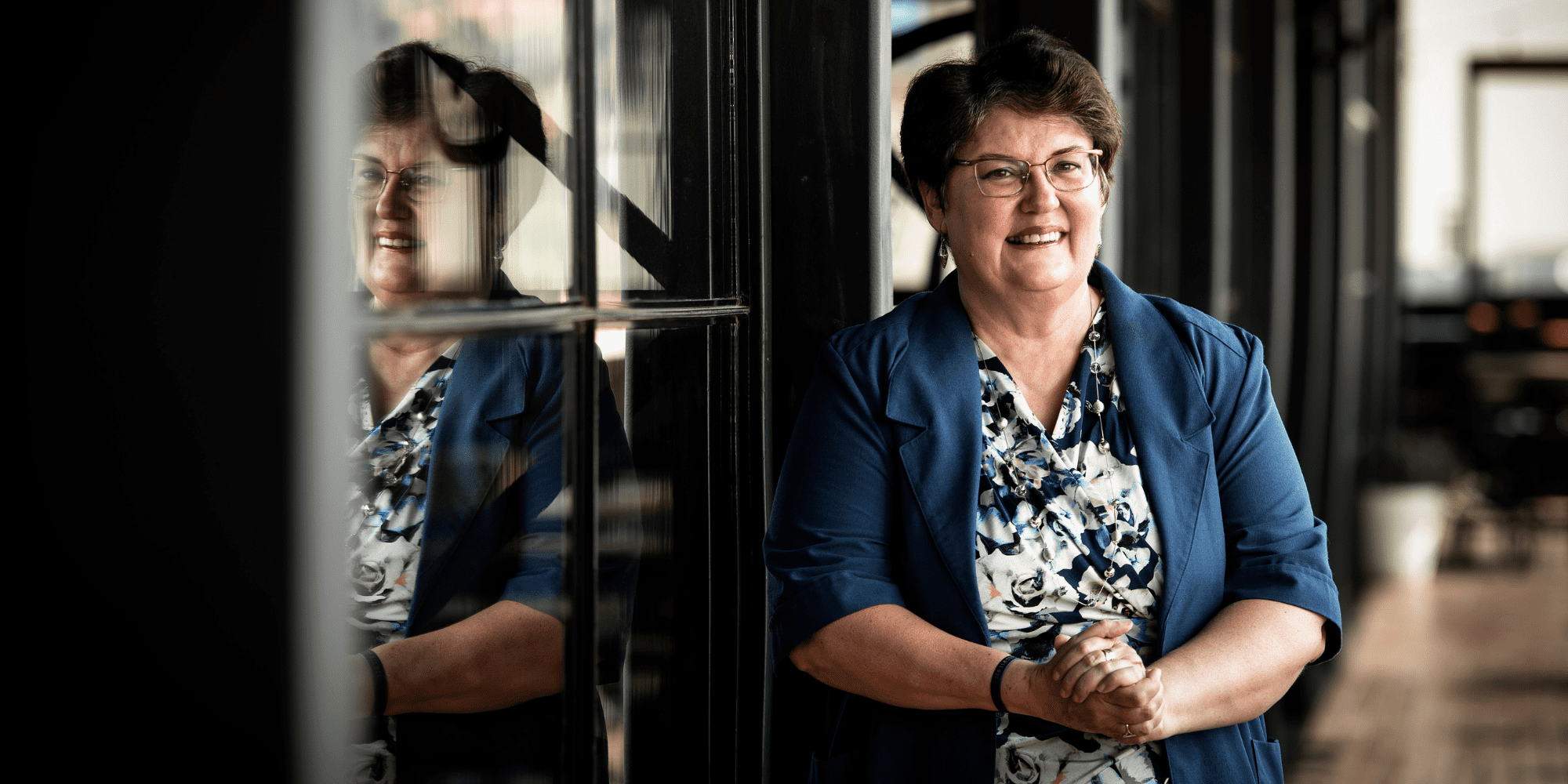Future of Afrikaans and other languages in the hands of its speakers, not Minister Nzimande
The fact that the controversial language policy framework for tertiary institutions will come into effect in January 2022, comes as no surprise to AfriForum, as this had already been evident with its publication in The Government Gazette in 2020. However, what the consequences of the framework will be, only time will tell. AfriForum will monitor its implementation to ensure that Afrikaans students’ language rights will be protected.
According to Alana Bailey, AfriForum’s Head of Cultural Affairs, Minister Blade Nzimande’s allegations that the implementation of the policy and the indigenous status of Afrikaans, San, Khoi and Nama languages could still have been negotiated, had merely been an attempt by the Minister to disguise his ideological agenda, just like his ridiculous claims that people who stand up for Afrikaans language rights are racists.
“Before the policy framework was promulgated, there had been an opportunity for input and comments on it. At that stage the facts about the indigenous status of Afrikaans and other languages had already been brought to the Minister’s attention, but were simply ignored in the final version. The government is known for distorting and ignoring historical facts in order to fit its ideological agenda and to expect that facts about languages will be dealt with differently, would be naive,” Bailey added.
“The reality is that the future of all languages in the country lies in the hands of their speakers. Regardless of what Minister Nzimande claims, students qualify at institutions such as Sol-Tech and Akademia in Afrikaans, Ilze Aäron received a BEd degree this month which she obtained through the medium of South African Sign Language, the first Khoikhoi textbook has just been published and the first book in N|uu was written by Ouma Katrina Esau this year. The responsibility lies with the speakers of languages to keep them alive and developing dynamically. Should the government fail to create opportunities to do so, civil society has to find ways on its own in which this can be done,” she said.
In the past, AfriForum did not hesitate to take steps locally and internationally to protect and promote language rights and it will continue to do so in future.
Bailey called on the speakers of all South African languages to make their voices heard in favour of mother-language education and language rights.











